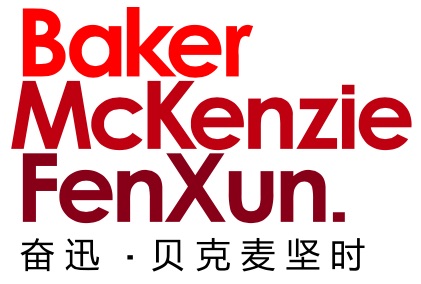13 July, 2018
China's Ministry of Commerce (MOC) and National Development and Reform Commission (NDRC) have issued the Special Administrative Measures on Access to Foreign Investment (Negative List) (2018 Version), (the "Nationwide Negative List"), which will take effect on July 28, 2018 and replace the earlier Measures of 2017. In addition, MOC and NDRC issued the Special Administrative Measures on Access to Foreign Investment in Pilot Free Trade Zones (Negative List) (2018 Version), (the "FTZs Negative List"), which will take effect on July 30, 2018 and replace the earlier Measures of 2017. Each list further opens up certain sectors to foreign investment.
1. Nationwide Negative List
The Nationwide Negative List sets out the "restricted" and "prohibited" sectors in which foreign investment is either prohibited or restricted (thereby requiring pre-approval by MOC authorities). If a sector is not included in the list, it is classified as a sector in which foreign investment is "permitted". "Encouraged" sectors are listed in the Catalogue for the Guidance of Foreign Investment Industries which was last issued in 2017. The new Nationwide Negative List opens up 22 areas to foreign investment, predominantly in the services and manufacturing industries, and sets out a timetable for opening- up the automobile and finance sectors.
Comparison with the 2017 Negative List
Compared to the current nationwide negative list, the new version reduces the sectors in which foreign investment is restricted from 63 to 48, and includes openings in finance, infrastructure, transportation, commercial logistics, professional services, agriculture, coal and non-metal mining, and the manufacturing of autos, ships, and aircraft. In many of the newly liberalized sectors, limits on the proportion of equity that foreign investors may hold have also been lifted. With respect to the finance sector, under the new Nationwide Negative List, the maximum ratio of foreign-held equity in futures, life insurance, securities and fund management companies is increased to 51%.
We have summarized the major changes in the chart below:
|
From Prohibited to Permitted |
Manufacture of weapons and ammunition Business premises for Internet access services |
|
From Restricted to Permitted |
|
|
From Restricted to Permitted |
|
Furthermore, the new Nationwide Negative List sets out a schedule for removing all foreign equity restrictions in the automobile and finance sectors. In the automobile sector, restrictions on the proportion of foreign equity in commercial vehicle manufacturing will be removed by 2020. In addition, restrictions on the proportion of shares in passenger vehicle manufacturing and limits on the number of joint ventures that foreign companies can establish will be removed by 2022. In the finance sectors, the restrictions on the proportion of foreign equity in securities companies, futures companies and life insurance companies will be removed by 2021.
2. FTZs Negative List
Under the new FTZs Negative List, restrictions on foreign investment in several more sectors are loosened. Similar to the new Nationwide Negative List, the new FTZs Negative List also offers a clear timeline for the opening- up of the automobile and finance sectors to foreign investment. The list applies to all of the free trade zones in China.
Comparison with the 2017 FTZs Negative List (i.e., Current Version)
Compared with the current version, the new FTZs Negative List cuts restrictions on foreign investment from 95 sectors to 45 and eases restrictions in the culture, petroleum and natural gas, agriculture, mining and finance sectors.
We have summarized the major changes in the chart below:
|
From Prohibited to Permitted |
|
|
From Restricted to Permitted |
|
|
From Restricted to Permitted |
|
|
Newly Prohibited |
Fishing in the seas and inland waters under China's jurisdiction |
China's newly issued Negative Lists demonstrate that China is taking concrete and significant steps to open up previously restricted sectors to foreign investment at a faster rate than has been seen in previous years.
The new Negative Lists should present many opportunities for existing and prospective foreign investors active in the liberalized sectors.
For further information, please contact:
Stanley D. Jia, Partner, Baker & McKenzie FenXun
stanley.jia@bakermckenzie.com

.jpg)





